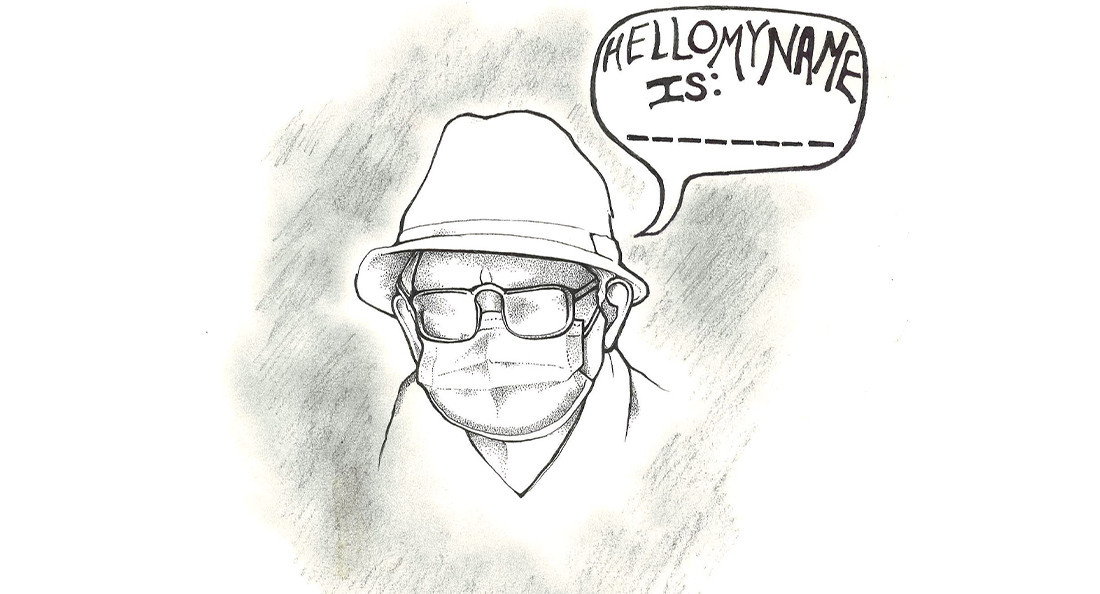Privacy in clinics could be improved
Personal Health Information Act aims to eliminate fear to seek medical care
It is easy to be filled with a sense of apprehension when the need to seek medical attention arises, especially considering what often feels like a lack of privacy in public waiting rooms.
In general, patients in the reception area of clinics are only concerned with their own illnesses. Most are not interested in another patient’s discussion with the receptionist about their odd looking armpit rash or the pimple that makes it impossible for them to bend their knee.
Yet the assurance that no one is paying attention is not at all comforting. When the receptionist asks, ‘what brings you in today?,’ seemingly at a much higher tone than necessary, it is tempting to quickly glance around to make sure all heads are still glued to their screens or bowed in tribute to their pains. Being required to respond to this question (even when the medical concern is nothing that could potentially stigmatize) has caused many to tense up.
Winnipeg clinics are often fairly small, with reception areas that make it nearly impossible to privately disclose one's medical concerns only to the receptionist. Explaining health issues in a lobby packed with patients (pre-COVID, of course) is like making a public announcement.
Most people are probably uncomfortable announcing that they are on the verge of a panic attack or that their menstrual cycle has been off in the past several months and then proceed to sit in the lobby to await their turn with the doctor. This is not an ideal situation, yet it is the reality in many clinics.
Using forms or tablets (now that we live in the digital age) to record reasons for seeking medical care may be more respectful of patient privacy. Eye and dental clinics seem better at using these tools. Perhaps general clinics should learn from them.
It is easy to dismiss privacy concerns and argue that people should grow thicker skin. While that may be one way to look at it, the reality is people care, and it does not have to be this way.
It should not be that way, because the Manitoba Personal Health Information Act (PHIA) clearly states: “health information is personal and sensitive, and its confidentiality must be protected so that individuals are not afraid to seek healthcare or to disclose sensitive information to health professionals.”
Many clinic reception areas are not set up to protect the privacy of patients, and, therefore, they fall short of the PHIA’s tenet to eliminate fear and distrust when citizens seek healthcare. The slow pace of things during COVID-19 might be an opportunity for clinics to rethink their lobby setup.
Valerie Chelangat is a Kenyan-Canadian writer. She loves Winnipeg but struggles with the winter. She gets through the season by reading any books she gets her hands on and drinking too much tea.
Published in Volume 75, Number 04 of The Uniter (October 1, 2020)








